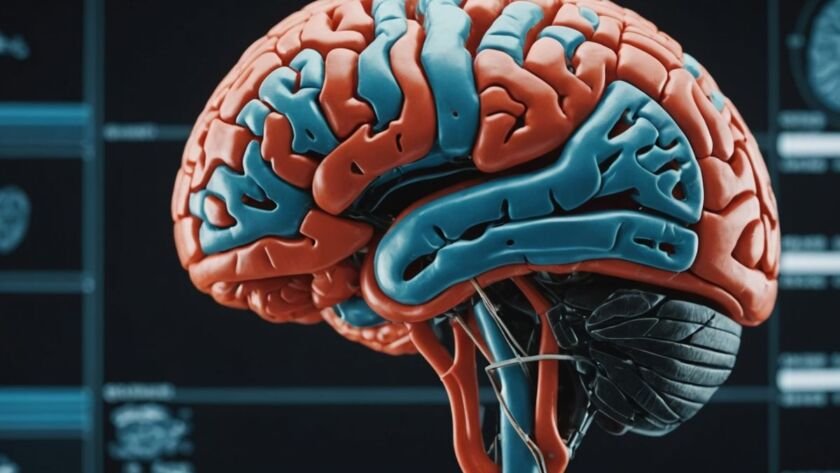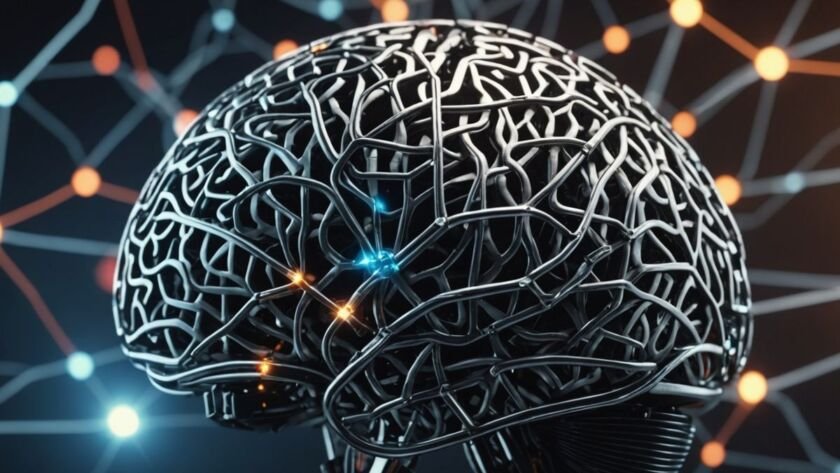In a groundbreaking discovery, researchers have identified a specific pattern of autoantibodies in the blood that can predict the onset of multiple sclerosis (MS) years before clinical symptoms appear. This finding could pave the way for early diagnosis and more effective treatment of the debilitating disease.
Key Takeaways
Early Detection: A unique set of autoantibodies…












